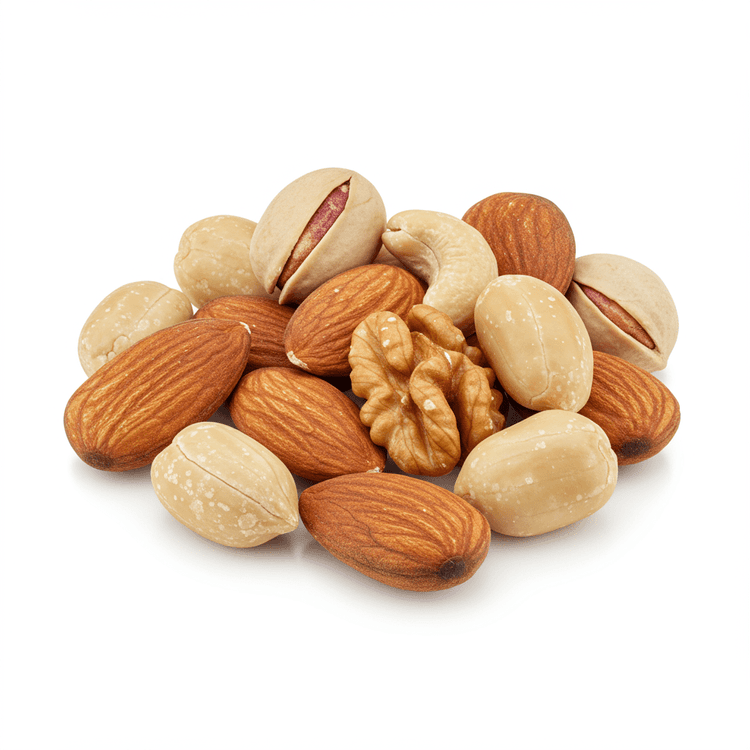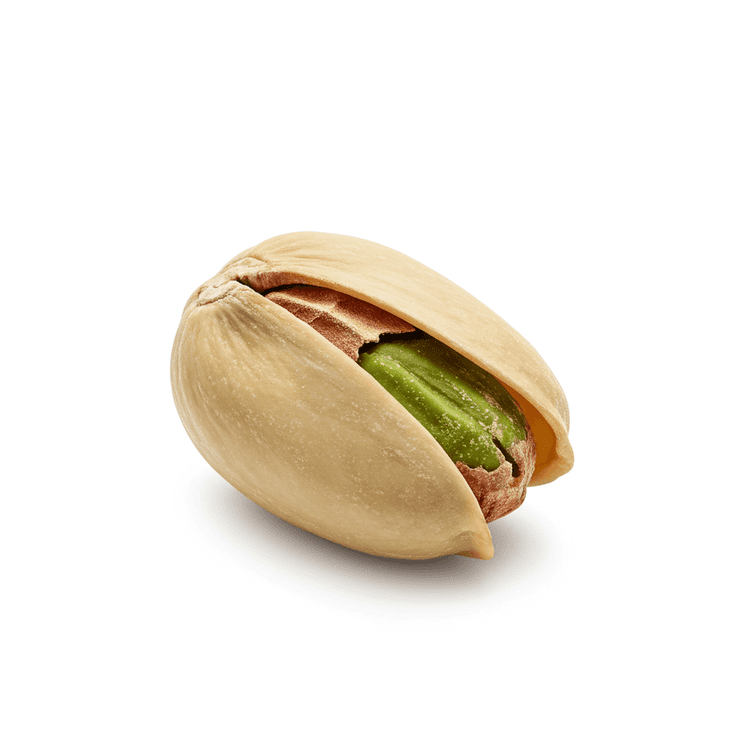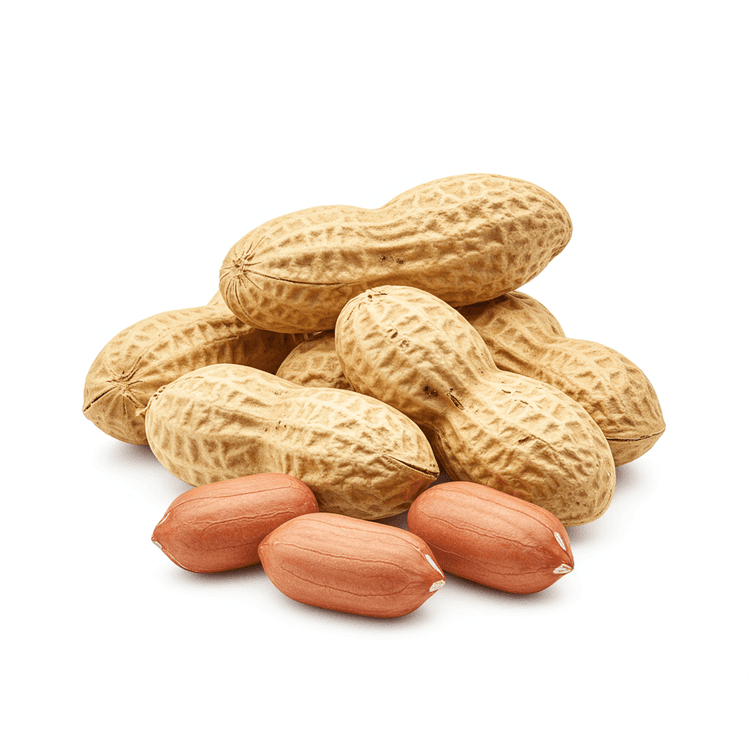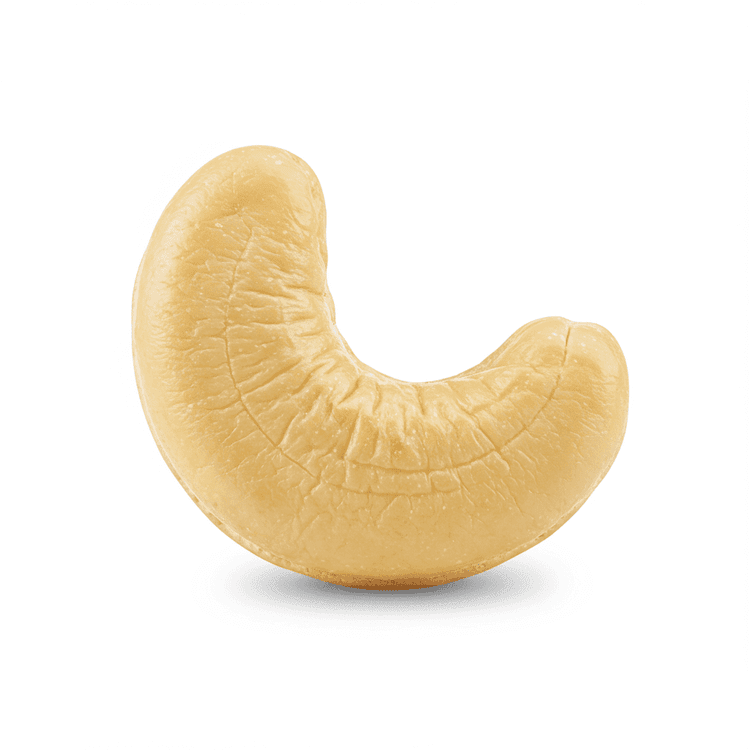
Almond
The almond is a widely popular and nutritious tree nut, known for its subtly sweet and slightly buttery flavor. With a firm, yet yielding texture, raw almonds are typically light brown in color and encased in a papery skin. Often enjoyed as a healthy snack, almonds are also a versatile ingredient in both sweet and savory dishes, providing a satisfying crunch and delicate flavor. Considered a healthy fat source and a good source of vitamin E, the almond makes a versatile and nutritional addition to any diet. You can buy almonds shelled, blanched, slivered, sliced, or ground into almond flour or almond butter.
Common Uses
- Enjoy raw almonds as a nutritious and satisfying snack, either plain or seasoned with spices for added flavor.
- Use slivered or sliced almonds as a crunchy topping for salads, yogurt, or oatmeal, adding both texture and flavor.
- Incorporate almond flour into baked goods like cakes, cookies, and muffins for a gluten-free option and a subtle almond flavor.
- Make homemade almond milk by blending soaked almonds with water and straining the mixture for a dairy-free alternative.
- Create almond butter by grinding roasted almonds until smooth, then spread it on toast, sandwiches, or use as a dip for fruits and vegetables.
- Add chopped almonds to stir-fries and other savory dishes for a textural contrast and a nutty flavor.
Nutrition (per serving)
Nutrition (per serving)
Calories
579.0kcal (28.95%)
Protein
21.2g (42.4%)
Carbs
21.6g (7.85%)
Sugars
4.4g (8.8%)
Healthy Fat
43.8g
Unhealthy Fat
3.8g
% Daily Value based on a 2000 calorie diet
Nutrition (per serving)
Calories
579.0kcal (28.95%)
Protein
21.2g (42.4%)
Carbs
21.6g (7.85%)
Sugars
4.4g (8.8%)
Healthy Fat
43.8g
Unhealthy Fat
3.8g
% Daily Value based on a 2000 calorie diet
Health Benefits
- Rich in healthy fats, promoting heart health and overall well-being.
- Excellent source of vitamin E, acting as an antioxidant to protect cells.
- High in magnesium, crucial for bone health and nerve function.
- Good source of plant-based protein, supporting muscle growth and repair.
- Contains fiber, aiding digestion and promoting gut health.
- May help regulate blood sugar levels due to its low glycemic index.
Chefadora AI is here.
Experience smarter, stress-free cooking.
Storage Tips
Almonds should be stored in an airtight container in a cool, dark, and dry place to prevent them from going rancid. You can store them at room temperature for a few weeks, but refrigeration or freezing will significantly extend their shelf life. Refrigerated almonds can last for several months, while frozen almonds can last for up to a year. Ensure the container is tightly sealed to prevent moisture absorption and maintain their flavor and crunch. Toasting almonds before storing can also help preserve their freshness.
Marnirni-apinthi Building, Lot Fourteen,
North Terrace, Adelaide, South Australia, 5000
Australia




